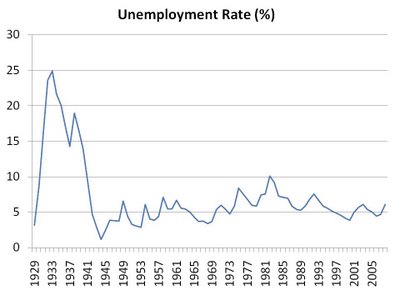What do you mean by corporatism here? (everyone seems to define it differently).
For the sake of our discussion, I've tried to use a notion that corporatism occurs when a govt tries to benefit one group more/or less than another, or confers a benefit to only one group while using resources of others.
Good. I just wanted to make sure we were on the same page.
So, are you saying this isn't an example of corporatism? Or that it is corporatism but you don't think that's a valid objection?
I don't see it as corporatism to use tax dollars from capital to create or maintain a healthy educated workforce. 1) the workforce benefits capital as well as labor, by both working to achieve profit for capital and buying capital's goods. 2) And, MORE Importantly to just the corporatism view, the healthcare and education are equally available to those whose income is solely from capital and not labor.
I don't see any issue of corporatism in the tax being levied from those professions who get more customers from more people getting healthcare, or any progressive taxes, and certainly not from taxing retained corp profits, passive income and cap gains at the same rate as income.



